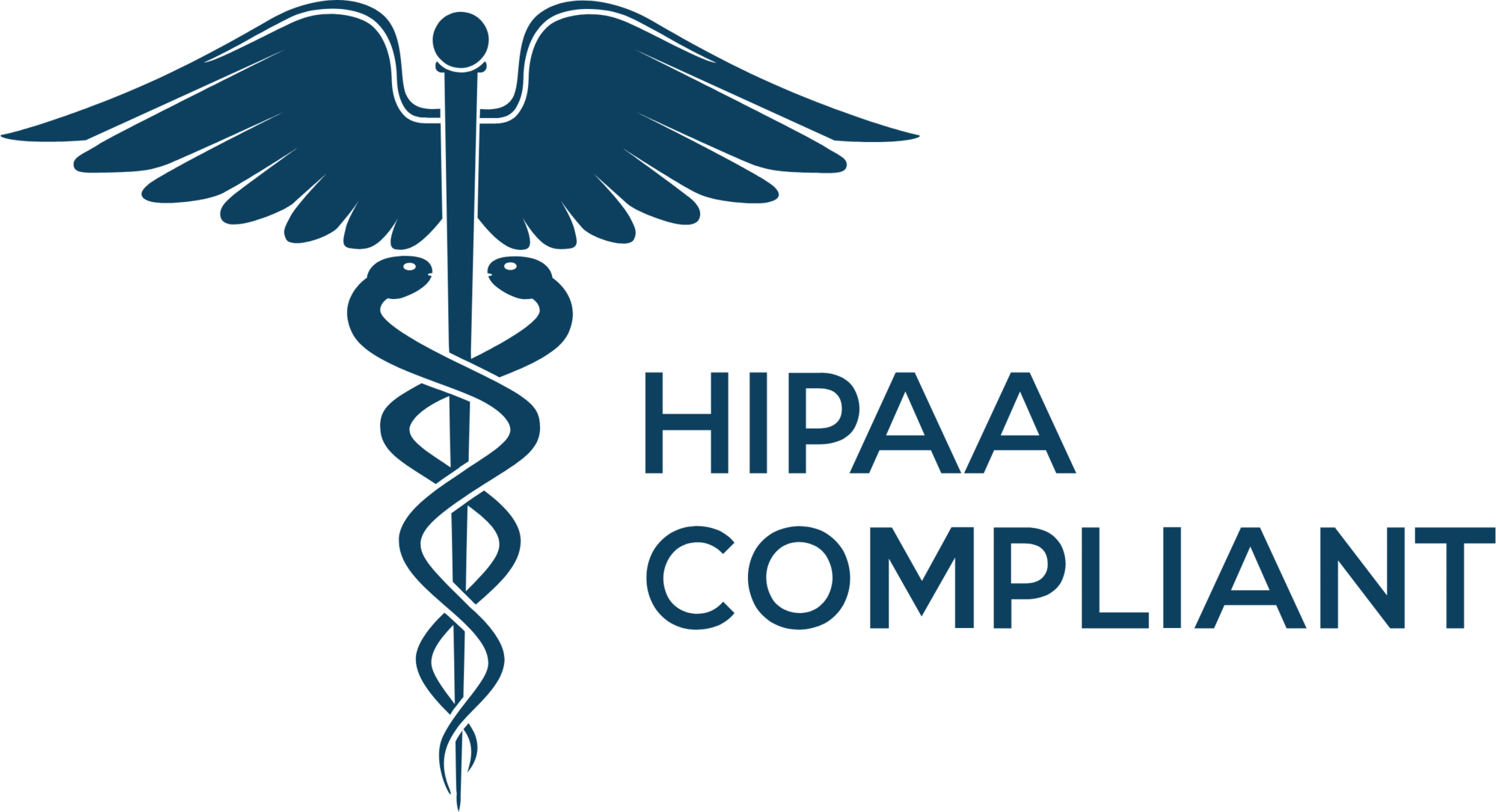
Decoding CO-55 Denials: A Comprehensive Guide for Healthcare RCM Teams
1. What Does CO55 Claim Denial Mean?
Explaining CO55 in simple terms
CO55 indicates that the procedure, treatment, or drug has been denied because the payer considers it experimental or investigational for the patient's condition. The "CO" prefix signifies that this is a contractual obligation denial, meaning the provider must follow the payer's determination regarding experimental procedures.
Why this denial happens and what it means for your claim
- Treatment or procedure lacks sufficient evidence of clinical effectiveness
- Drug or therapy is still in clinical trials or research phase
- Procedure is considered innovative but not yet standard of care
- Payer policies classify the service as experimental for specific conditions
- Additional clinical evidence may be needed to demonstrate effectiveness
2. Top Reasons Claims Are Denied (Including CO55)
Common causes of claim denials
- New or emerging treatments without established coverage policies
- Off-label use of FDA-approved medications
- Novel surgical techniques or procedures
- Use of devices or equipment still under investigation
- Treatments that have moved from experimental to accepted status but payer policies haven't been updated
How CO55 compares to other denials
CO55 denials are unique because they focus specifically on the established clinical evidence and payer acceptance of treatments. Unlike traditional medical necessity denials, these denials indicate that the payer considers the treatment itself to be unproven, regardless of the specific patient circumstances. Resolution often requires extensive documentation of clinical studies, FDA approval status, and evidence of treatment effectiveness. These denials frequently need detailed appeals with peer-reviewed literature support.
3. How Claim Denials Like CO55 Affect Your Revenue
The financial and operational impact of denied claims
- Significant revenue impact from high-cost experimental procedures
- Extended appeal timeframes due to required clinical evidence review
- Additional resources needed for literature research and appeal preparation
- Potential patient financial responsibility if properly notified in advance
- Risk of complete write-off if experimental status was not disclosed
Why addressing denials is critical for your practice
Managing CO55 denials effectively is crucial for practices offering innovative or cutting-edge treatments. These denials can significantly impact cash flow, especially for higher-cost procedures. Early identification of potentially experimental procedures and proactive payer policy verification helps prevent revenue loss and maintain positive patient relationships. Additionally, proper handling of these denials can help identify patterns in coverage policies and inform better pre-service authorization processes.
4. The Key to Reducing CO55 Denials
Actionable steps to minimize this specific denial
To effectively reduce CO55 denials, practices must implement comprehensive pre-service review processes for potentially experimental procedures. This includes detailed checks of payer medical policies, maintaining current knowledge of clinical evidence requirements, and developing robust patient notification protocols. Teams should maintain updated databases of payer-specific experimental procedure lists and implement advance beneficiary notice processes when appropriate.
Best practices for improving claim accuracy
Success in preventing CO55 denials requires a systematic approach to procedure verification and documentation. Practices should develop comprehensive checklists for reviewing potentially experimental procedures, maintain updated payer medical policies, and implement clear protocols for documenting medical necessity and clinical evidence. Regular staff training on identifying experimental procedures and payer-specific requirements helps ensure consistent pre-service verification. Additionally, establishing clear financial counseling protocols for experimental procedures helps manage patient expectations and reduce financial surprises.
5. How Ember Can Help
Spot Claim Denials Before They Happen
- Predictive analytics flag high-risk claims automatically
- Alerts notify staff about missing authorizations
- Network status checks ensure compliance
- Real-time eligibility verification avoids surprises later
Turning Denials Into Opportunities
Ember doesn't just help resolve denials—it helps you learn from them. By analyzing patterns in denial data, you can identify recurring issues and improve processes. This ensures:
- Better understanding of claim requirements
- Improve staff training and workflows
- Fewer denials overtime, with actionable insights to make smarter decisions Turning challenges into opportunities leads to stronger performance and fewer claims falling through the cracks.
Making the process easier, faster, and more efficient
Ember improves every step of the denial management process by automating tasks such as eligibility checks and verification. With Ember, you can:
- Save time by reducing manual work
- Provide staff with clear alerts and next steps for resolution
- Ensure a faster and more reliable claim submission process Ember Copilot helps reduce the effort required, lowers denial rates, and boosts overall efficiency for your team.
By staying informed, organized, and proactive, you can keep CO55 denials from dragging down your practice's performance, and ensure that everyone—staff, providers, and patients—benefits from a smoother, more predictable reimbursement process.
Lynn Hsing is a recognized leader in healthcare marketing. Having worked closely with health systems and providers, Lynn brings a nuanced understanding of the challenges they face — from administrative burden and claim denials to reimbursement delays and staff shortages. This firsthand insight has shaped Lynn’s ability to translate complex AI solutions into meaningful value for healthcare organizations.








